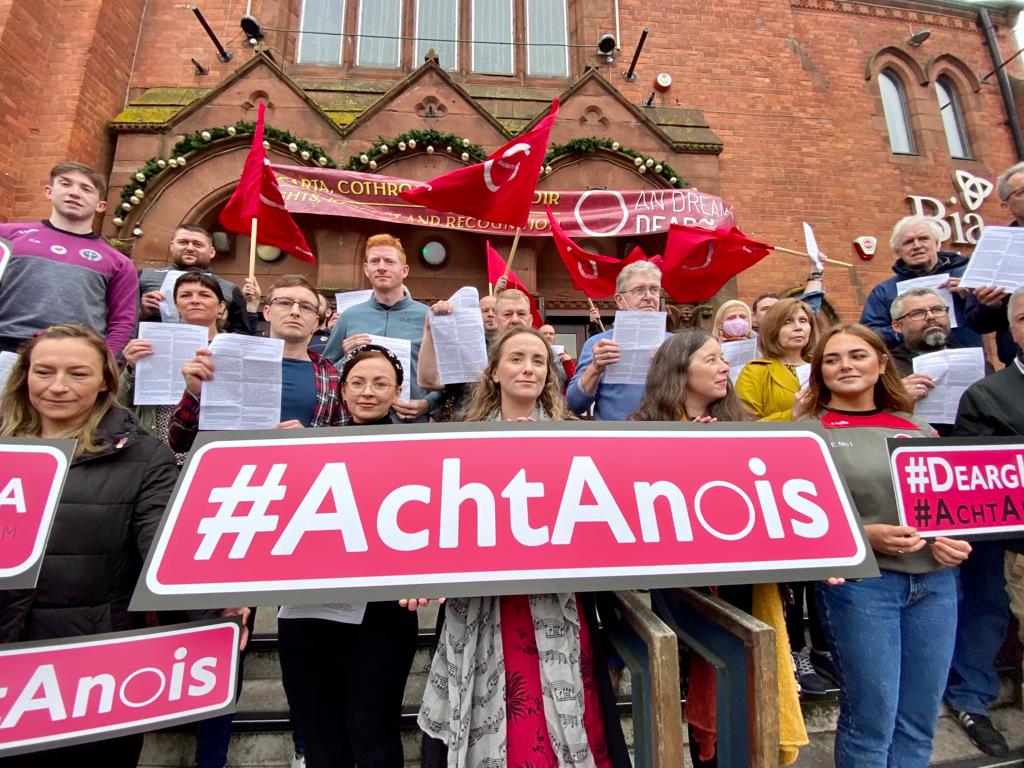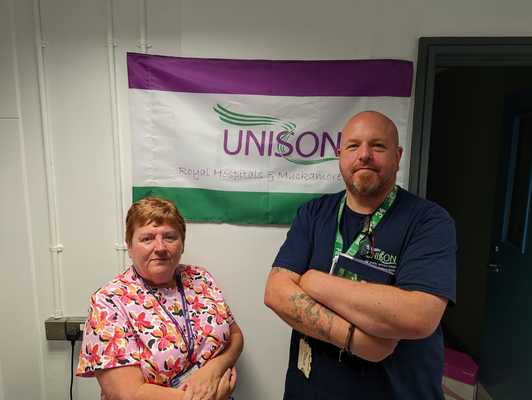THE newly attained official status of the Irish language in the EU means the language has "more legal protections in Brussels than it does in Belfast", a leading campaigner has said.
Dr Pádraig Ó Tiarnaigh, from Conradh na Gaeilge, welcomed news that Irish has achieved parity with the EU's 23 other official languages, but said the absence of Irish language legislation locally remains the "elephant in the room".
From January 1 all legislation enacted by the EU will be translated into Irish. The move will see changes implemented in the 26 Counties and other EU countries, but not in the North.
It comes following the British Government's failure in its obligation to enact Irish language legislation in the Six Counties.
Commenting on developments in Europe, Dr Ó Tiarnaigh said: "Official status for the Irish language in the European Union is a result of decades of campaigning and community pressure, ensuring Irish is recognised and afforded equal recognition and respect on an international level. This will all add to the growth and development of the language and its community of speakers, ensuring an international profile and increased opportunities to use, read and access the language.
"The elephant in the room, however, is that Irish has more legal protections in Brussels than it does in Belfast. As we approach two years since the Executive was reformed on the basis of the January 2020 New Decade New Approach agreement, Irish speakers here in the north remain excluded and marginalised, with incredibly limited opportunities to use the language with the state or see the language in public.
"The British Government must finally act on the 2021 promise to bring this legislation through Westminster. We have but a few short months before the upcoming Assembly elections, and our warning to the British Secretary of State and the NIO is that if this legislation remains outstanding by then, it will inevitably re-emerge as a central election issue in the months ahead."
The New Decade New Approach agreement (January 2020) committed parties and governments to implementing Irish language legislation within 100 days.
Ráiteas ón Uachtarán Micheál D. Ó hUigínn ar lánstádas á bhaint amach ag an nGaeilge san Aontas Eorpachhttps://t.co/3wNtC7zBTS
— President of Ireland (@PresidentIRL) January 1, 2022
Secretary of State Brandon Lewis later gave the Stormont Assembly a final deadline of September 2021 to enact the legislation, committing his own government to bringing forward legislation through Westminster by October 2021.
In November, the British government sent a letter to parties announcing its intention to introduce Irish language legislation and inviting them to a technical briefing on the proposals. The government said legislation would be introduced "as soon as parliamentary time allows", but did not set a firm date for its implementation.
President Michael D Higgins welcomed Irish becoming an official language of the EU.
He said: It places our language on an equal footing with those of the founding members of the Union, and those of the Member States who have joined over the years since. This is a significant achievement, and it will be gratifying for many people to know that, every day, the Irish language will now be in use in the European Union.”
Since 2016, the volume of Irish translations in the EU has risen from 8,000 to almost 46,000 last year. There are now 200 Irish language staff working in the EU.








